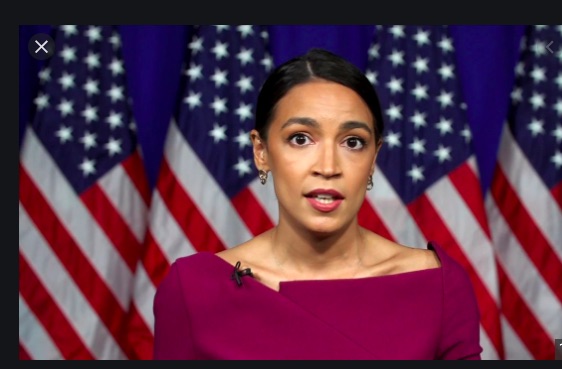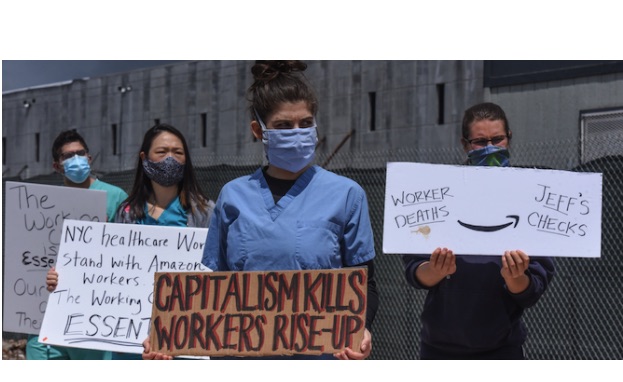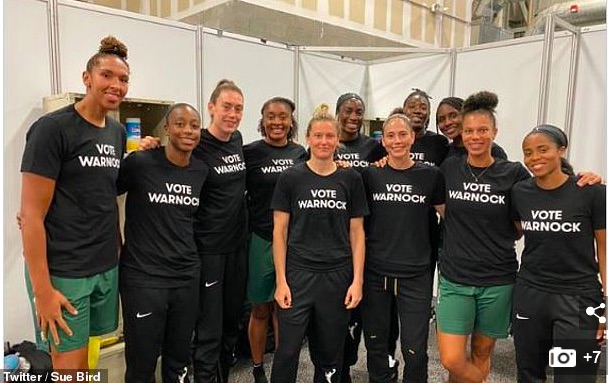TOLERANCE & SOLIDARITY .
An article by Alys Samson Estapé from the Electronic Intifada
July marked the 15th anniversary of the launch of the boycott, divestment and sanctions (BDS) movement.
Much has happened over those years. Here are 15 lessons I’ve learned on the journey to dismantle Israeli apartheid.

A grassroots movement is powerful because it is grassroots
Anyone who adheres to the BDS principles can join the movement. This empowers and enables everyone to effect extraordinary changes.
The BDS movement speaks directly to people of conscience who understand that by not acting they are allowing states, companies, artists, institutions, universities and businesses to remain complicit and fuel Israeli apartheid.
Joining and taking action allows each one of us to take responsibility and make sure we are at the very least not contributing to harming the Palestinian people. It allows us to speak out and mobilize others to take action too.
The power of the equality that grassroots mobilization brings to politics and the community is instrumental in making every single member give their best and take ownership. No single person in the movement is more important than anyone else. This powers collective leadership.
We don’t work with everyone who works on Palestinian freedom
Unfortunately, there are still those who stand up for freedom for the Palestinian people but do not care about the rights and dignity of other discriminated and oppressed groups.
Our deep commitment to anti-racism and intersectionality means we do not liaise with just anyone who agrees on Palestinian rights unless they also respect and support rights and dignity for all. We cannot build and fight for a new world while agreeing to oppress others.
Think small to win big
Every little success matters. Small victories can help in reaching a much larger aim.
Getting a small pension fund to divest from the weapons firm Elbit Systems can contribute to discussion of the need for a military embargo against Israel. This small pension fund can encourage others to follow suit.
As we tackle local issues, we must remember the global picture and how being part of a global movement means that what happens somewhere can affect the movement as a whole, positively and negatively.
BDS is also about correcting the narrative
The BDS movement has already contributed to mainstreaming awareness of the fact that Israel is an apartheid regime.
Why is this so important? In a world with such biased media and even schoolbooks that are still deeply embedded in a colonial narrative, it is essential we take time to clarify reality.
When calling for a boycott or organizing a campaign, we must always remember how doing so helps to clearly explain what Palestinians are facing and how injustice is taking place. Even campaigns that may not reach their objective can contribute to explaining what is happening on the ground and what the Palestinian people are calling for, and to raising awareness about Israel’s regime of dispossession and colonization.
BDS supports the largest coalition of Palestinian civil society groups
The fact that we support Palestinian rights does not mean that we know best what Palestinians should do, and it does not give us a free pass to say whatever we want. Moreover, when facing attacks, we must defend our right to freedom of expression in a manner that centers Palestinians and keeps the focus on the crimes perpetrated by Israel against them.
We must remember that, by defending the right to freedom of expression, we are defending the right of Palestinians to make their experience and views heard – directly or through us – by the public and decision-makers in our country.
Privilege Palestinian voices.
Earlier this month, Rafeef Ziadah and Riya Al’sanah wrote how “it is worth reflecting on why Palestinians are treated as mere spectators in debates concerning our daily lives.”
While the BDS movement calls on allies around the world to take action, Palestinians have a clear, pivotal role. When this isn’t happening, it means we are doing something wrong.
We must keep on decolonizing our actions and make sure Palestinians are being heard and that we take guidance from them while organizing in the BDS movement.
(article continued in right column)
Question related to this article:
Presenting the Palestinian side of the Middle East, Is it important for a culture of peace?
How can a culture of peace be established in the Middle East?
(article continued from left column)
BDS has to be part of the struggle for a just and free world
Our oppressors are more connected than ever.
At a time when the right and the far-right are gaining power in many institutions worldwide, the left and progressive groups and movements have the opportunity and duty to rethink themselves and to create stronger, more solid and inclusive movements. We must make sure Palestine is a part of that.
We also must be more connected than ever.
Everywhere you look you will find allies
We have often been surprised to find allies where we wouldn’t expect them. We usually have more allies than we think.
To connect to them we must consider different approaches, language and context-sensitivity. We must ask ourselves, are we helping the movement grow? Are we empowering others to join?
The world changes and so do we
“The BDS movement has shown itself to be highly adept at pivoting to new strategies and building influential alliances. There continue to be numerous arenas in which it faces little effective resistance.” These are the words of Asher Fredman, who used to work with Israel’s strategic affairs ministry.
We must learn from other liberation struggles while bearing in mind that times and political relations change.
While the BDS movement is highly inspired by the anti-apartheid movement in South Africa, the world is very different from how it looked 30 years ago.
We should not look for patterns to copy, but politically analyze the present and adapt to new times. This means continuing to learn, grow and use the best opportunities in a changing context.
Stick to the principles
Like all social movements, the BDS movement is facing severe and sustained attacks. Israel’s government and its lobby groups are regularly attacking and smearing us in an attempt to delegitimize our struggle.
We must not let their attacks shape our plans; strategizing and sticking to our anti-discrimination principles and our proactive and effective campaigning are what protect us the most.
While they seek to distract us from our target, the most powerful thing we can do is to keep on working for Palestinian rights. The best way to defend our right to boycott is to keep on boycotting while mobilizing mass support for our right to freedom of expression.
Supporting our allies is a matter of principle
Solidarity is not unidirectional. At all times we must take responsibility and reject any form of racism, sexism, LGTB-phobia, and any other form of discrimination or bigotry within the movement.
While we call on others to support Palestinian rights, we must show support for other struggles too. Palestine is an Indigenous, anti-racist, feminist, LGTBQAI+, anti-fascist and climate justice issue, and this makes all these struggles crucial to ensuring Palestinian self-determination.
Social movements have always been repressed
The Israeli government and its supporters spend hundreds of millions of dollars on criminalizing and persecuting the BDS movement and groups in solidarity with Palestine.
But this cannot be understood as something unique or isolated. Social movements have always been repressed by those seeking to maintain injustice and oppression.
Activists everywhere have been imprisoned for criticizing governments, and many calls for justice are being repressed in the streets and online. Let us not forget that those most oppressed by the Israeli government are always the Palestinians.
Never underestimate creativity
Using different tactics helps us reach a broader audience. As racism, sexism and disaster capitalism adapt and reconfigure, finding different ways to keep on oppressing, we must also keep on finding creative new ways to engage with others and accomplish our goals.
Political resistance can be beautiful too.
The most important actions happen behind the scenes
Holding events, lectures, protests and public activities are crucial to show and visualize support for Palestinian rights. But talking to people, organizing, doing research, building alliances and strengthening relations all happen behind closed doors and are what enable us to then go public.
We should never forget how important it is to plan, foster relationships and carefully organize to then build our campaigns.
Hope is a political tool
It is incredible how many cities and cultural spaces have declared themselves “apartheid free zones,” how many companies have divested from Israeli apartheid, how many artists have decided not to play in Israel and how many academics have ended relationships with Israeli institutions as a result of BDS campaigns.
Yet it is often difficult to keep our hopes up while knowing that Israeli apartheid is the cruelest it has ever been, knowing ongoing Palestinian pain and suffering, and seeing Israel maintain its impunity despite its televised crimes. But we keep on struggling and growing because we know that justice can and will prevail.
Fifteen years on, and during a time of global uprising against an entire system of racist exploitation and oppression, the BDS movement continues learning, adapting and growing, making connections, and exposing and challenging Israeli apartheid.
 Click on image to see video.
Click on image to see video.







